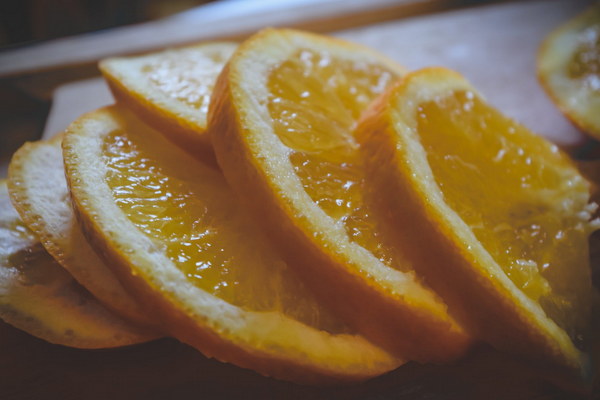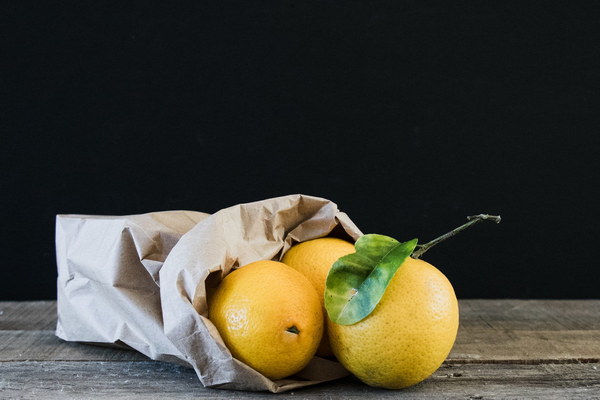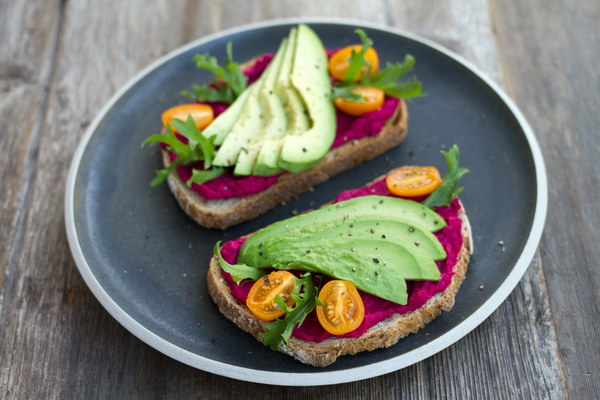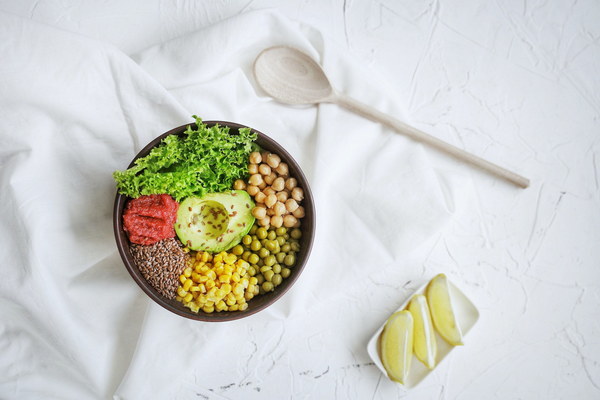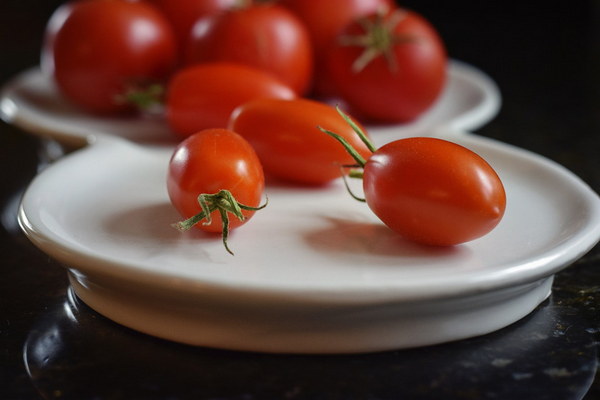How Pear Benefits Your Spleen A Nutritional Journey to Digestive Wellness
Introduction:
The ancient wisdom of traditional Chinese medicine has long emphasized the importance of balancing the body's internal organs for overall health and vitality. Among these organs, the spleen plays a crucial role in maintaining digestion and energy levels. One of the most cherished foods in Chinese cuisine that supports spleen health is the pear. In this article, we will explore how pears can benefit your spleen and contribute to digestive wellness.
The Spleen and its Functions:
The spleen is a vital organ in Chinese medicine, responsible for the production and distribution of blood, maintaining immune function, and regulating the transformation of nutrients from the food we consume. When the spleen is strong and balanced, it ensures that the body receives the necessary nutrients to thrive. However, when the spleen becomes weakened, it can lead to digestive issues, fatigue, and a weakened immune system.
Pear: A Natural Spleen Tonic:
Pears are an excellent choice for those looking to support their spleen health due to their rich nutritional profile and traditional medicinal properties. Here are some ways in which pears can benefit the spleen:
1. Rich in Nutrients: Pears are packed with essential nutrients such as fiber, vitamins, and minerals. These nutrients work together to support the spleen's functions, aiding in digestion and absorption of nutrients from the food we eat.
2. High in Fiber: Pears are a great source of dietary fiber, which is essential for maintaining a healthy digestive system. Fiber helps to move food through the digestive tract, preventing constipation and promoting regular bowel movements. This, in turn, supports the spleen's role in nutrient absorption.
3. Anti-inflammatory Properties: Pears contain compounds with anti-inflammatory effects, such as flavonoids and vitamin C. These compounds help to reduce inflammation in the digestive tract, which can alleviate symptoms of conditions like irritable bowel syndrome (IBS) and Crohn's disease.
4. Promotes Hydration: Pears have a high water content, making them a refreshing and hydrating food choice. Adequate hydration is crucial for the proper functioning of the digestive system, as it aids in the digestion and absorption of nutrients.
5. Soothes the Stomach: Pears are known for their soothing properties, making them an ideal food for those with sensitive stomachs or gastrointestinal issues. Consuming pears can help to reduce discomfort and support a healthy digestive environment.
Incorporating Pears into Your Diet:
To harness the spleen-boosting benefits of pears, consider the following tips:
1. Eat Pears Regularly: Aim to incorporate pears into your diet at least a few times a week. Fresh pears are the best option, but canned pears can also be a good choice if they are packed in water or their own juice.

2. Choose Ripe Pears: Ripe pears are sweeter and more tender, making them easier to digest. They also contain higher levels of beneficial nutrients. Look for pears that yield to gentle pressure when you press on their skin.
3. Prepare Pears in Various Ways: Pears can be enjoyed in a variety of ways, including fresh, cooked, or as a smoothie. They can be added to salads, baked into desserts, or even pureed into a sauce for meats and poultry.
4. Pair with Other Nutrient-Rich Foods: Enhance the spleen-boosting benefits of pears by pairing them with other nutrient-rich foods, such as lean proteins, whole grains, and leafy greens.
Conclusion:
Incorporating pears into your diet is a simple and effective way to support your spleen health and promote digestive wellness. With their rich nutritional profile and traditional medicinal properties, pears can help to strengthen your spleen, improve nutrient absorption, and reduce inflammation in the digestive tract. So, the next time you're at the grocery store, grab a few pears and enjoy the sweet, healthy benefits they have to offer.

